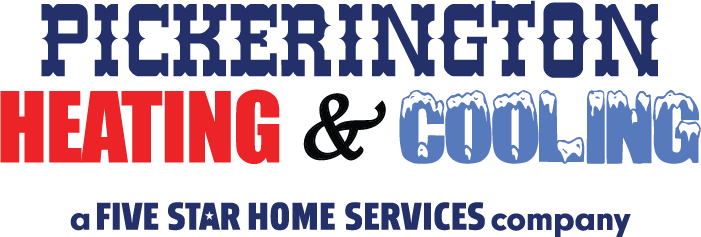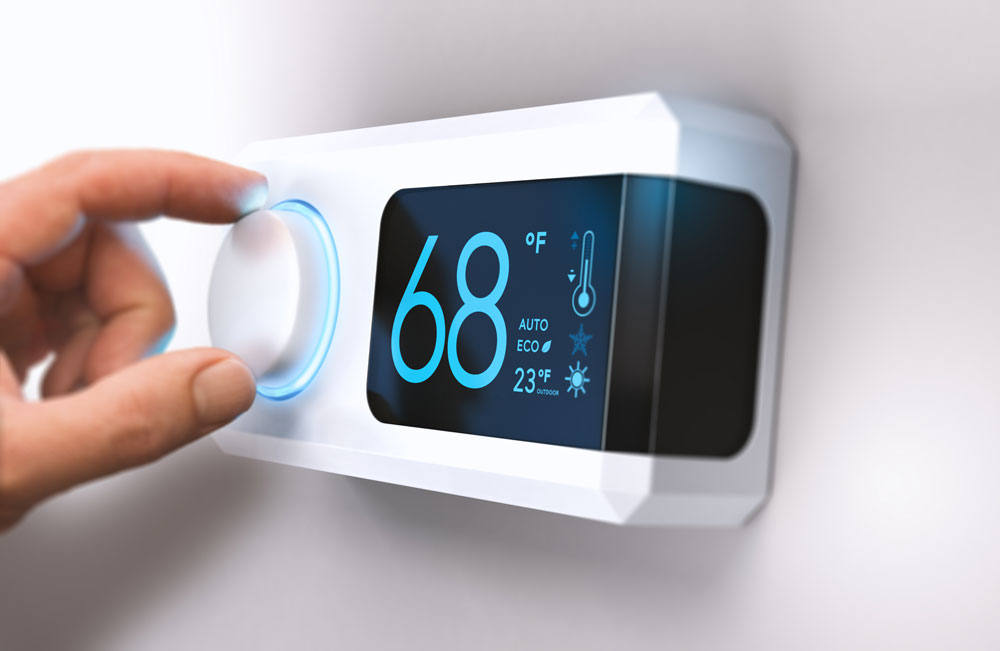Looking to save energy and money during the coming summer months? Follow these tips to keep your home cool when the temperature rises.
Many of these tips are free and may be used daily to improve savings. Others are fairly simple but inexpensive things you can do so be sure you’re saving the most during the hot summer months.
A great place to start is to perform an energy audit to see where you might be able to save. In the Columbus area, an energy audit is available from American Electric Power or Columbia Gas of Ohio, and will get free, personalized recommendations for saving energy. They will also recommend local vendors who are well-versed in resolving energy issues.
1. Windows are a tremendous asset to keep out heat and bring in cool air.
- When it cools off at night (below the temp you usually set your thermostat), turn off your air conditioning and open your windows during sleep. First thing in the morning, shut the windows and blinds to capture the cool air. Read more tips on natural ventilation at the US Dept of Energy website.
- Install insulated and dark window coverings to prevent daytime heat from coming in through your windows.
2. Efficient Thermostat Operation to Save $$
- Set your thermostat as high as comfortably possible; the closer you match your thermostat with the outside temperatures, the lower your energy bill will be. We recommend 78 degrees or higher when you’re home.
- Use a programmable thermostat to set your indoor temperature warmer than normal when you’re away from home.
- Don’t set your thermostat colder than normal when you turn on the air conditioner. It won’t cool your house any quicker and could end up resulting in excessive cooling and unnecessary expense.
3. Take Advantage of Fans and Ventilation to Cool Your Home
- A ceiling fan will let you increase the thermostat by about 4 degrees without any loss of comfort.
- Turn ceiling fans off when you leave a room. Keep in mind that fans cool people (by moving air) but don’t really lower the temperature.
- Be sure to use the bathroom fan to exhaust heat and humidity when showering or bathing. Your home’s laundry room may also benefit from extra ventilation. And make sure those vents are ducted to the outside, not just to the attic.
4. Keep Your Air Conditioning System Running at Its Peak
- Include regular maintenance in your cooling equipment plan
- Place lamps, TV sets or other sources of heat away from your thermostat. The thermostat can sense heat from nearby appliances, causing the air to run longer than necessary.
- Keep furniture away from registers (to avoid blocking airflow). Clean the registers frequently by vacuuming or dusting to remove any dust buildup.
- Change filters every 60-90 days. When filters are clogged, air flow is reduced and the system has to work harder.
5. Don’t Raise the Temperature with Lighting or Appliances
- Minimize use of the oven in your home on hot days. Cook using the stovetop, grill outside, or use a microwave.
- Switch to more efficient lighting that runs cooler and uses less electricity. Incandescent bulbs only use 10-15 percent of its electricity for light, the rest is turned into heat.
- Avoid direct sunlight (raises indoor temperature) but try to take advantage of daylight instead of electric lighting.
- Try to wash only full loads of clothes and dishes. Save energy by letting both dishes and clothing air dry.
- Keep your showers to shorter time instead of baths.
- Activities that can generate a lot of heat, such as running a computer, using blow dryers or curling irons, or running a dishwasher. Even audio systems and televisions generate extra heat.
- Try to wait until evening when the temperature is cooler (and electricity demand is reduced) to run the washer, dryer, dishwasher.
- Clean the lint trap in your dryer before every load. You’ll improve the longevity of the dryer and keep it from overworking (and burning up).
- Use power strips for electronic devices, and turn them off when not in use. Many electronic devices, such as television, DVRs, stereos, etc. use “phantom” power and constantly draw small amounts of electricity.
- Consider eliminating or minimizing use of old appliances, such as freezer or refrigerators, especially if they’re in the garage or outdoors. Check with AEP – they frequently have appliance trade in programs.
6. Prevent hot air from leaking into your home
- Seal cracks and other openings to prevent warm air from leaking into your home (and cool air escaping)
- Seal doors and windows with caulking and weatherstripping. Fill large holes with expanding foam filler.
7. Reduce Water Heater Costs
- On average, water heaters use about 18 percent of your home’s energy.
- Reduce the temperature on your home’s water heater to a “warm” setting, about 120 degrees to save energy and avoid scalding yourself.
Follow these energy saving tips to cut your summertime electric bills.




